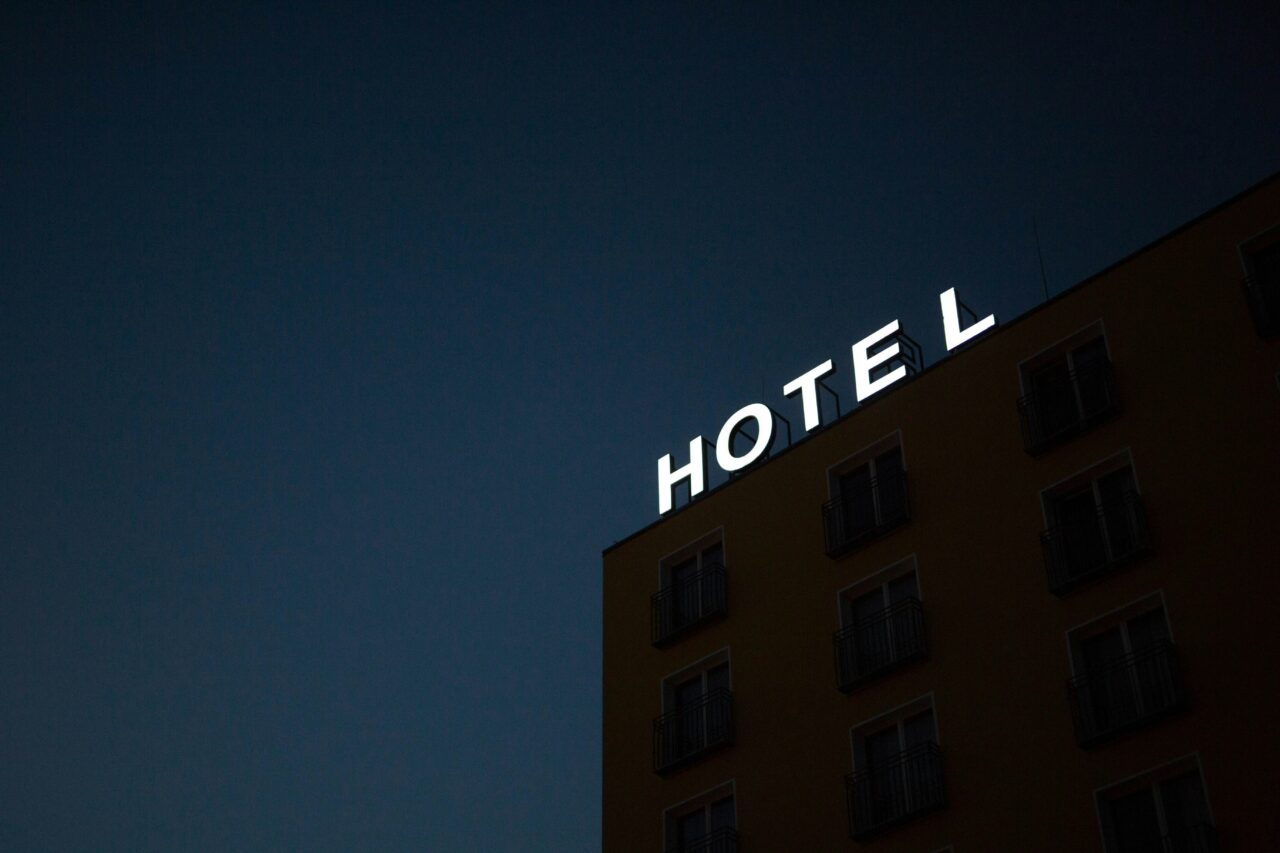Establishing or expanding a hotel property can be an exciting venture, particularly in popular tourist destinations. However, this process involves a complex network of rules and licensing requirements, which both new and experienced hoteliers must carefully follow to ensure smooth and lawful operations.
The initial phase often entails locating a suitable building or plot and verifying the local planning and zoning restrictions in effect. Building regulations, development limits, and the designation of the area (e.g., within or outside city planning zones, Natura sites, traditional settlements) may restrict or permit specific architectural interventions. If the project involves altering an existing structure, amending or obtaining a new building permit from the relevant urban planning authority is typically required. In some cases, further approvals may be needed from local bodies or archaeological authorities.
In Greece, hotels must secure the necessary approvals either through obtaining a Special Operating License or completing an electronic notification via the notifybusiness platform, in line with current legislation. At the same time, the property must meet specific criteria that determine its star or key rating (for smaller tourist accommodations), covering infrastructure, facilities, services, and overall hospitality quality. In sensitive environmental areas or near the coast, additional environmental permits may be required, along with compliance measures regarding waste management, energy efficiency, and protection of natural surroundings.
Compliance with health and safety regulations is also critical. Sanitary standards govern the proper operation of kitchens, swimming pools, and shared spaces, while fire protection services demand a comprehensive fire safety system, ranging from smoke detectors and fire extinguishers to clear emergency exits and evacuation plans. Failure to comply with fire safety requirements can lead to serious penalties or even an order to cease operations.
Depending on the specific services offered, hotels may need additional licenses. For instance, running an in-house restaurant, café/bar, spa, conference facilities, or shops on the premises might call for supplementary approvals. Playing music involves intellectual property considerations, and agreements with collective management organizations may be required. Labor relations, meanwhile, constitute another significant aspect: hotels typically hire many full-time or seasonal employees, making it essential to observe relevant labor laws, wage provisions, and social insurance requirements.
Given the multitude of regulatory demands, staying up to date with the evolving tourism landscape is indispensable. Changes in policies or European directives can alter planning, environmental, or tax provisions, necessitating prompt legal guidance to preempt any compliance issues. Collaborating with experienced legal advisors helps expedite licensing processes, identify potential obstacles early, and ensure your business remains sustainable in the highly competitive hospitality sector.
At Ratio Legal Services, we provide comprehensive support throughout the hotel licensing journey, from the preliminary assessment of a building or plot to obtaining all required certifications and operating permits. Our in-depth experience in tourism and hospitality law enables you to focus on bringing your business vision to life, confident that each legal aspect is managed with professionalism and precision.




